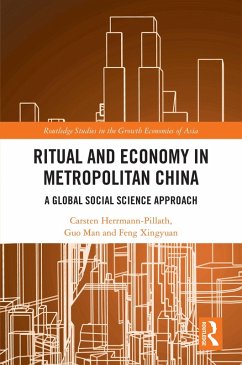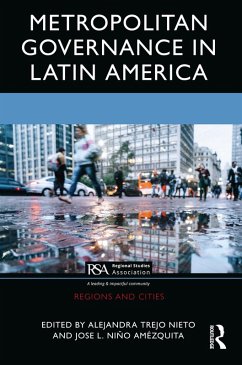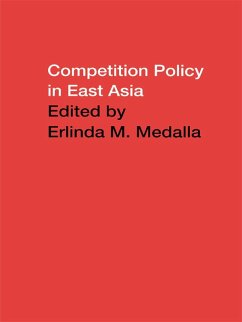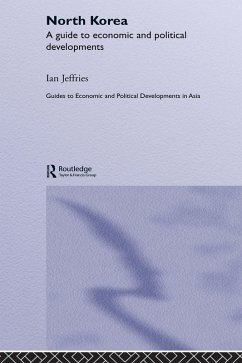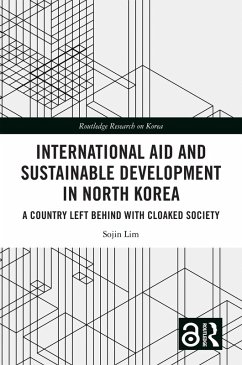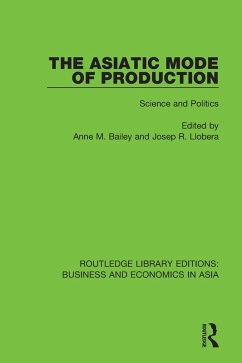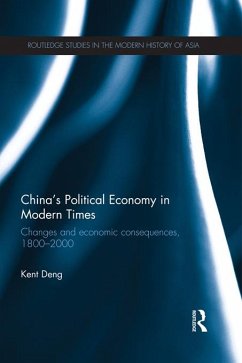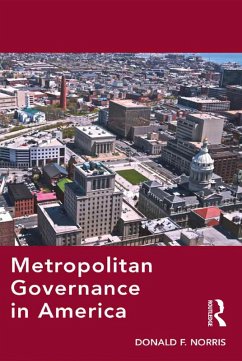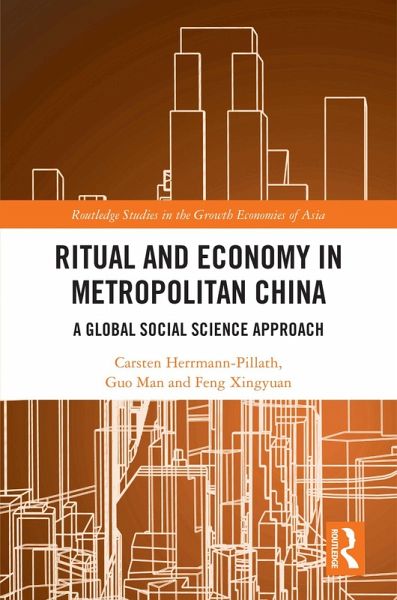
Ritual and Economy in Metropolitan China (eBook, PDF)
A Global Social Science Approach
Versandkostenfrei!
Sofort per Download lieferbar
41,95 €
inkl. MwSt.
Weitere Ausgaben:

PAYBACK Punkte
21 °P sammeln!
This book focuses on Shenzhen, one of China's most globalized metropolises, a leading centre of high-tech industries and, as a melting pot of migrants from all over China, a place of vibrant cultural creativity. While in the early stages of Shenzhen's development this vibrant cultural creativity was associated with the resilience of traditional social structures in Shenzhen's migrant 'urban villages', today these structures undergird dynamic entrepreneurship and urban self-organization throughout Shenzhen, and have gradually merged with the formal structures of urban governance and politics. T...
This book focuses on Shenzhen, one of China's most globalized metropolises, a leading centre of high-tech industries and, as a melting pot of migrants from all over China, a place of vibrant cultural creativity. While in the early stages of Shenzhen's development this vibrant cultural creativity was associated with the resilience of traditional social structures in Shenzhen's migrant 'urban villages', today these structures undergird dynamic entrepreneurship and urban self-organization throughout Shenzhen, and have gradually merged with the formal structures of urban governance and politics. This book examines these developments, showing how important traditional social structures and traditional Chinese culture have been for China's economic modernization. The book goes on to draw out the implications of this for the future of Chinese culture and Chinese economic engagement in a globalized world.
Dieser Download kann aus rechtlichen Gründen nur mit Rechnungsadresse in A, B, BG, CY, CZ, D, DK, EW, E, FIN, F, GR, HR, H, IRL, I, LT, L, LR, M, NL, PL, P, R, S, SLO, SK ausgeliefert werden.




